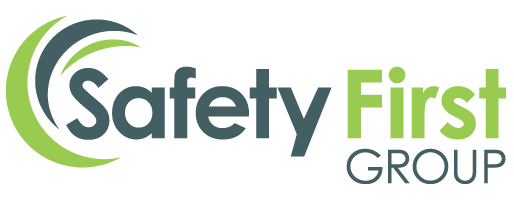Almost two million Britons already have hearing loss as a result of uncontrolled workplace noise.
Although UK employers have long had a duty to prevent their employees suffering noise-induced hearing loss, a huge swath of workers continue to be exposed to loud noise at work, due to a combination of cultural, technological and regulatory failures.
Almost two million Britons already have hearing loss as a result of uncontrolled workplace noise. Another two million are at risk of joining them.
There is an epidemic of occupational noise-induced hearing loss in the UK – the result of long-standing cultural, technological and regulatory failures.
Noise-induced hearing loss isolates sufferers, cutting them off from others, forcing them out of the workforce and sending them spiralling into cognitive decline – eroding and impoverishing our communities in the process. The fight against occupational deafness is also the fight against loneliness, isolation and social breakdown.
A recent article in The Guardian, “Bruce Willis’s daughter says family ascribed his dementia to ‘Hollywood hearing loss” suggests that in the wake of the announcement, cast and crew who had worked with Willis in recent years said there had been signs of his cognitive decline on set. This February, Willis’s family confirmed his condition was the result of frontotemporal dementia.
Is dementia caused by noise pollution?
“Adults with hearing loss have a higher risk for Alzheimer’s and other cognitive disorders.
Individuals with moderate to severe hearing loss are up to 5 times as likely to develop dementia. According to several major studies, older adults with hearing loss—especially men— are more likely to develop Alzheimer’s disease and dementia, compared to those with normal hearing.”
“Brain shrinkage — When the “hearing” section of the brain grows inactive, it results in tissue loss and changes in brain structure—creating the first link between hearing loss and Alzheimer’s disease.” * Read full article
The importance of workplace noise assessments
Excessive noise at work can result in temporary or permanent hearing loss. Even if a worker’s hearing recovers within a few hours, continued exposure to high noise levels could lead to permanent damage.
In addition to hearing loss, workers may develop tinnitus, a distressing ringing or buzzing in the ears that can lead to disturbed sleep.
Since 2005, employers have a legal duty to protect employees from noise under the Control of Noise at Work Regulations act. This affects employers of businesses involved with noisy powered machinery or tools, or explosive sources.
The Safety First way
Safety First offers workplace noise assessments to evaluate measures set in place for reducing or eliminating risks from exposure to noise.
During our noise monitoring and risk assessment services, where we measure the sound levels in your workplace, identify causes of noise and who is likely to be affected, and recommend actions to take to comply with current regulations.
Contact our friendly team of experts to find out more about workplace noise assessments or any of our other services.
Sources: www.britsafe.org www.beltone.com
